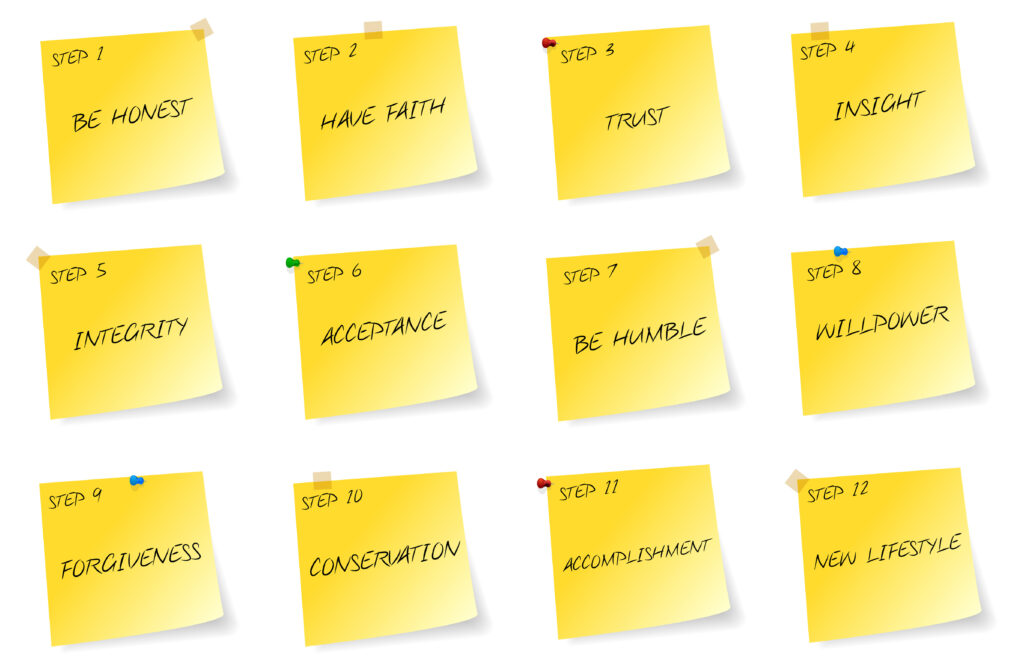TAP & TARP: Treatment & Anonymous Meetings
September 27, 2021
TAP and TARP provide assessment, referral, and case management services as well as aftercare planning and meetings to many who suffer from alcohol and drug-related problems. Teamster members and their covered dependents whose medical benefits are provided through Trust Funds contracted with TAP or TARP are eligible for services.
Once someone admits that to having a substance use disorder, many treatment options are available. TAP and TARP counselors can help to determine the best care depending on the level of severity.
TAP and TARP most often refer clients who contact our programs to what is commonly called “primary treatment,” which either consists of structured outpatient (3-5 days per week for 2-3 hours per week), partial hospitalization (5-7 days per week for 4-8 hours), or inpatient treatment or detoxification (both entail 24 hours per day in a residential or hospital-based facility).
Upon completion of primary treatment, TAP and TARP counselors strongly encourage participation in support groups as a way to maximize the likelihood of continued sobriety and relapse prevention.
Among the most effective of these are support groups such as Alcoholics Anonymous (AA) and Narcotics Anonymous (NA), which involve a 12-step recovery approach that can help comprehend, manage, and eventually overcome addiction. Other support meetings such as LifeRing, Smart Recovery, and Recovery Dharma, Chrystal Meth Anonymous, Marijuana Anonymous and Cocaine Anonymous are also available in some cities.
Anonymous meetings are fellowships of people interested in addressing a problem with alcohol or a drug and have been extended to problems such as gambling and sex addiction.
Many people attend these meetings after completing a inpatient or outpatient treatment program. There are no education or age requirements to join any Anonymous meeting.
Anonymous meetings are centered around a 12-step program designed to aid in recovery. The first of these steps involves admitting to one’s powerlessness over the substance of abuse and that life has become unmanageable.
By learning more about this group of principles and by practicing each step, alcoholics and addicts may be able to manage cravings and lead a healthy and happy life that’s free from the mind altering substance. As the name Anonymous indicates, everyone who attends these meetings is anonymous. When one takes part in the type of group therapy administered in Anonymous meetings, their path to recovery will be based on accountability and mutual support with the people who are alongside them in the program.
Anonymous Meetings are based on the 12-step program created in the 1940s that provide a foundation for gaining and continuing sobriety, reducing relapse and serving as a framework for returning to sobriety in the event of relapse.
Anonymous meetings may be either open or closed. Good reasons to attend an open Anonymous meeting include:
• To learn more about the recovery process and what it entails;
• Wondering if you or someone close to you may be suffering from a substance use disorder;
• Wanting to determine if Anonymous meetings serve your recovery needs before becoming a member.
Recovering from a substance use disorder is a long-term process. Recovery will require managing cravings and handling inevitable challenges that arise. Attending meetings makes it more likely that relapse can be avoided.
Meetings are free and easy to locate—in person or on zoom. There are no membership dues.
TAP and TARP are available to Teamsters members and their covered dependents who are insured through participating Teamster Health and Welfare Trust Funds. Call TAP at 800-253-8326 or TARP at 800-522-8277.





